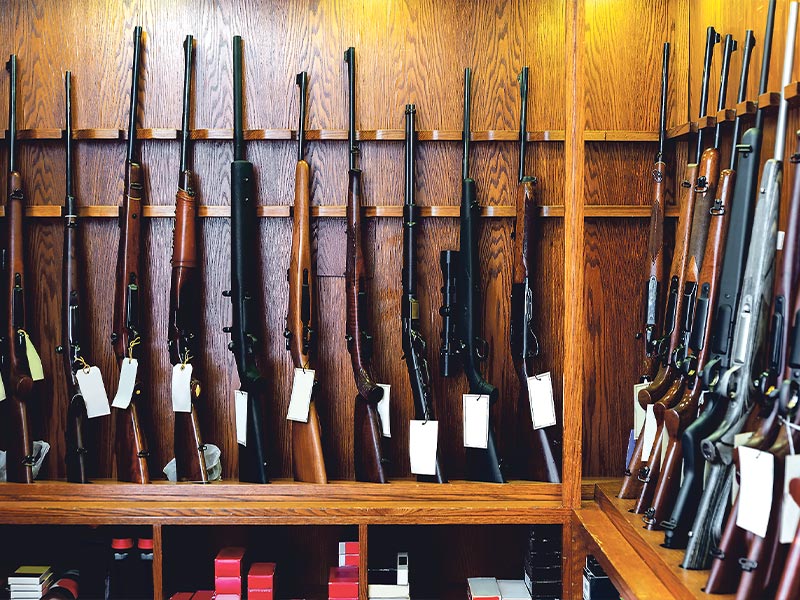Firearms Registry launched
3 min read
Licensed firearms owners have up to five years to register their firearms. Photo: JackF | Adobe Stock
NZ Police launched the new digital Firearms Registry on 24 June, nearly four years after it was first announced in the wake of the Christchurch Mosque terror attack.
The Registry requires licensed firearm holders to record details such as the make, model, and serial number as well as details on transactions, modifications, or reports of theft or loss of their firearms. There is no cost associated with entering the arms items in the Registry.
Police commissioner Andrew Coster emphasised the benefits of the new system, stating, “The Registry will give us a much clearer picture of where all the licensed firearms are, and especially when they are changing hands.
“This will allow us to better identify suspicious-looking transactions and to be better able to trace firearms that might turn up in crimes.”
He highlighted that the Registry would also have a direct impact on the safety of frontline Police staff.
“Over time, as firearms licence holders add the firearms in their possession to the Registry, Police attending incidents will be able to check in real-time if an address they have been called to has registered firearms. This will improve their risk assessment prior to arrival.”
License holders will also benefit from the Registry when they come to buy or sell a firearm, Angela Brazier, Te Tari Pūreke – Firearms Safety Authority – executive director, said.
“The Registry will give licence holders more confidence when buying or selling firearms, as it will let them know if they are dealing with a current licence holder and if the firearm is in the Registry.
“We have also noted the concern of the licence holder community with regard to the security and privacy of information. I want to reiterate that security had been a key element of the design and development of the Registry system.”
Police Minister Ginny Andersen added that the online platform has been through multiple security assessments by independent security experts – the same “that do assessments of New Zealand banks, telecommunication providers, Government departments, and insurance companies.”
The country’s nearly 240,000 licensed gun owners have up to five years to register their firearms using the online system.
While the five-year period allows ample time for antique collectors, museums, and theatrical armourers, who all hold many firearms, COLFO spokesperson Hugh Devereux-Mack noted that many owners “are likely to put it off as long as possible”.
“Some will be holding out for a new Government to repeal the Registry; some will wait for the register to be revealed as ineffective, and others will hold off out of spite.”
However, he cautioned licensed firearm owners to be mindful of the ‘activation rules’.
“COLFO advises licensed owners to be mindful that certain actions will require them to register their firearms sooner than they might have liked.”
In certain circumstances, such as applying for a license or endorsement for the first time, notifying a chance in license holder information, or buying/receiving or selling/supplying an arms item, license owners will have 30 days to register.
Devereux-Mack said the conditions will likely cause some unintended consequences as people avoid registering.
“License holders may refrain from updating their addresses or contact details to avoid triggering the 30-day requirement to register, which will leave Police with even less accurate information than they had before the registry.
“People may not even report a stolen firearm to avoid the requirement to register others, which also leaves Police further in the dark about firearms possessed by criminals.
“From June 2025, firearm owners will be required to register their firearms if they purchase ammunition. To avoid this, many will bulk-buy ammo over the next two years while they can avoid registration.”
Devereux-Mack added the Police must state which measurements they will use to indicate the success of
the Registry.
“The Government and Police have made bold claims for the register, saying it will make New Zealanders safer.
“Therefore, it is reasonable that the measures for success would not be about outputs like the numbers of records but impacts such as reduced firearm burglaries and firearm-related violence such as threatening and discharging, lower homicide and suicide rates, fewer seizures of illegally held firearms, and depowered gangs.
“Police must notify which combination of crime statistics it intends to use to measure success of the registry, so the public and news media can judge its efficacy and hold Police and Government to account.”



